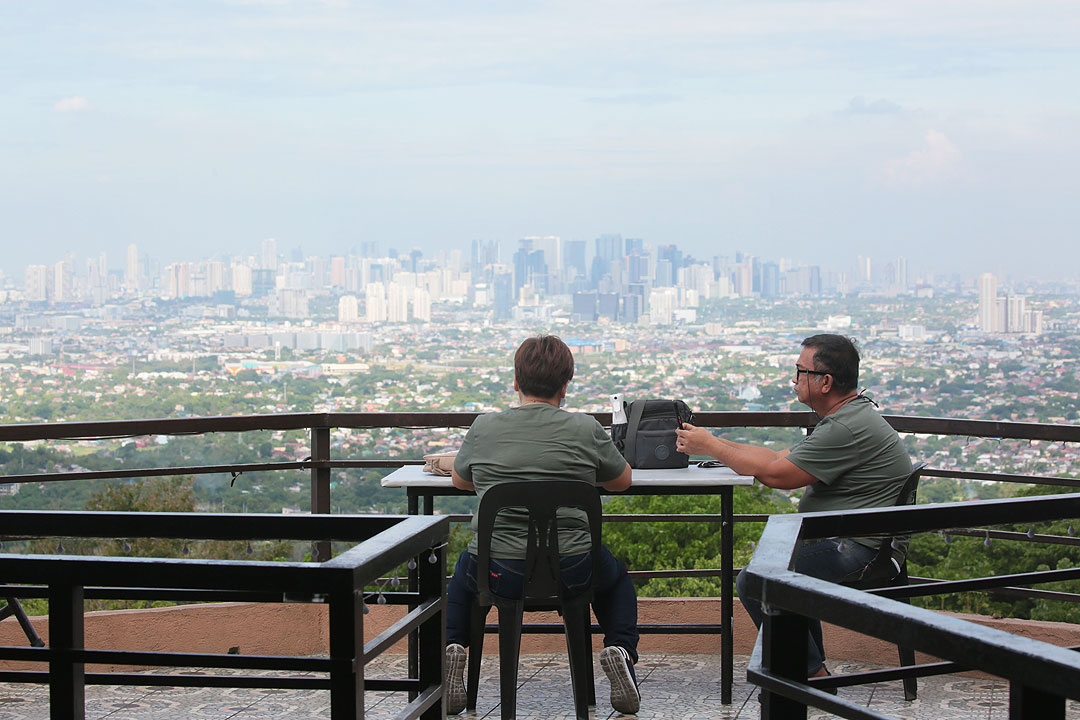BSP sees no rate adjustments this year
BSP sees no rate adjustments this year
BSP sees no rate adjustments this year
October 19, 2021 12:34 am

Luz Wendy T. Noble,
Reporter
THERE appears to be no need to adjust policy settings until the end of this year, Bangko Sentral ng Pilipinas (BSP) Governor Benjamin E. Diokno said on Monday.
“We have two more policy meetings — one in November and in December. It would appear that there will be no policy adjustments between now and end of the year,” Mr. Diokno said in an interview with ANC news channel on Monday.
The Monetary Board has kept its key interest rate at a record low of 2% in its last seven meetings. It will hold two more policy review meetings this year, scheduled on Nov. 18 and Dec. 16.
The BSP chief stressed that raising rates may be premature, considering the Philippine economy’s recovery is just starting to take hold.
“Some central banks raised their rates because they fear in
fl
ation and they see their exchange rate deteriorating so fast as a result, so some of them have adjusted rates,” he said.
In the Asia-Paci
fi
c, the Bank of Korea and New Zealand have already hiked interest rates, while the Monetary Authority of Singapore tightened monetary policy by raising the slope of its currency band.
“We have hefty international reserves and we continue to get fresh support from overseas Filipino remittances, business process outsourcing receipts and our exports, and foreign direct investments. So we are fairly comfortable that we do not need to raise interest rates at this time,” Mr. Diokno said.
He reiterated his belief that the elevated inflation is “transitory.” In September, in
fl
ation eased to 4.8% from 4.9% in August.
While in
fl
ation is expected to reach beyond their 2-4% target at 4.4% this year, Mr. Diokno said it is expected to return to within target at 3.3% next year and 3.2% in 2023.
The central bank chief is hopeful the economy’s recovery will
fi
rm up, citing the rebound in exports, the drop in daily new COVID-19 cases and the rise in vaccination rate.
“The economy will pick up in the fourth quarter this year, and in fact some good numbers might come up in the third quarter,” Mr. Diokno said.
The reimposition of strict mobility curbs in the capital region for two weeks in August prompted economic managers to downgrade its full-year growth target to 4-5% from 6-7%.
Coronavirus restrictions in Metro Manila were further relaxed last Friday, in hopes of reviving the pandemic-battered economy.
ANZ Research Chief Economist Sanjay Mathur said he agrees with Mr. Diokno’s guidance that inflation is transitory as it was fueled mainly by food and fuel prices. He noted that core inflation, which stood at 3.3% for the second straight month in September, is within target.
“Core inflation has been steady but the point is that domestic demand is as yet weak. How much it can recover we will know only when the economy re-opens,” Mr. Mathur said in an e-mail.
Given that the labor market remains weak while business and consumer confidence appear lackluster, Mr. Mathur believes a rate hike can wait until 2022.
“I think the BSP can comfortably wait until late next year if not 2023 before tightening. In fact, targeting transitory inflation with higher interest rates would be adverse,” Mr. Mathur said.
Mr. Diokno on Sunday said there is more harm in tightening monetary policy too soon than in doing it too late.
However, Bank of the Philippine Islands Lead Economist Emilio S. Neri, Jr. said a preemptive 25- to 50-basis-point (bp) rate hike will not be harmful to the economy.
“If inflation does persist and even worsens, sizeable Federal Open Market Committee and BSP policy adjustments later on may trigger disorderly behavior in markets and significantly disrupt our fragile recovery,” Mr. Neri said in a Viber message.
Last year, the BSP slashed rates by a total of 200 bps to support the economy before pausing in December 2020.
